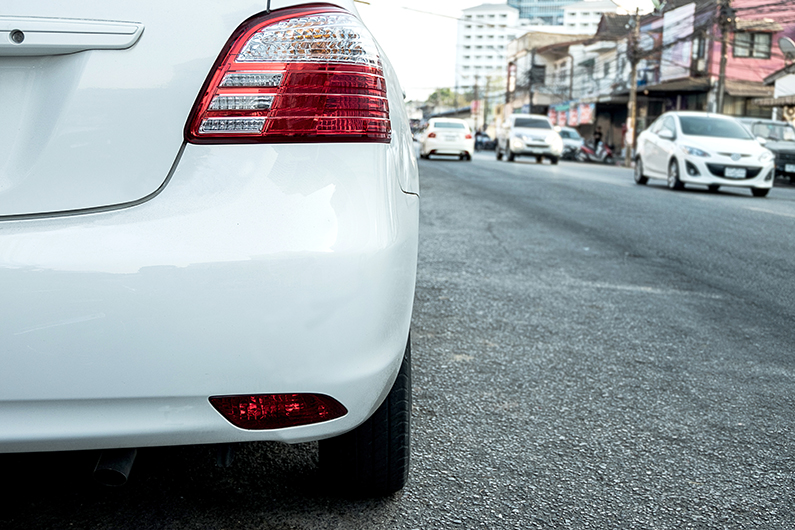More news
- Asian paint regulatory round up – Indonesian exterior paint still uses lead, warns W...
- Nigeria’s paint industry navigates regulatory changes and economic challenges amid p...
- Focus on the global coatings market: Global coatings market outlook
- Ask Joe Powder – October 2024
- Chinese paint majors look to domestic consumer sales as commercial real estate slumps

The announcement of plans by two Japanese automakers to close production facilities in Thailand in the past month could affect the confidence of investors in the auto industry, the Federation of Thai Industries (FTI) said.
Suzuki Motor (Thailand) announced last month that it would shut all factories in Thailand by the end of 2025 following continually contracting sales and competition from Chinese electric vehicles (EVs).
Meanwhile, Tan Chong Subaru Automotive (Thailand) also announced that it will halt the manufacturing of vehicles in Thailand by the end of this year after five consecutive years of losses.
FTI’s Auto Parts Club president Supoj Sukpisan said Suzuki has been struggling with sales in Thailand in the past years, prompting the brand to cut the prices by nearly 100,000 baht per unit to compete with the influx of cheap EVs from China.
Despite the huge price cut, Suzuki’s production of eco cars still dropped from around 8,000 units per month to less than 1,000 per month, he added.
Subaru had earlier imported parts from Japan and Malaysia to assemble and paint in Thailand, and has also moved some of its facilities from Malaysia to the kingdom. However, the brand has recorded lowering outputs in recent years, said Supoj.
READ MORE:
“The closures of factories under two brands may not hugely impact Thai entrepreneurs in the auto part industry due to their low production in recent years, but it would affect the confidence of future investors in the automotive market,” he said.
Suzuki’s revenue in Thailand in 2023 was 7.03 billion baht, which was a loss of 264 million baht, while Subaru Thailand’s 2023 revenue was 2.07 billion baht, a loss of 377 million baht.
Despite strong competition from Chinese EVs in the Thai market, the FTI is confident that other Japanese automakers will continue their manufacturing in Thailand as they export to overseas markets as well. Meanwhile, Thailand has an advantage of a strong supply chain of auto parts and components, as well as skilled labour.
According to the FTI, Japanese automakers planned to invest in Thailand at around 150 billion baht in the next five years. Of this amount, 50 billion baht will come from Toyota and Honda apiece, 30 billion baht from Isuzu and 20 billion baht from Mitsubishi.
Source: Nation Thailand







